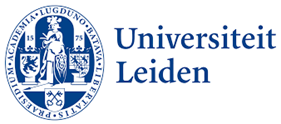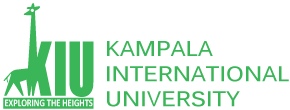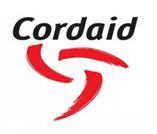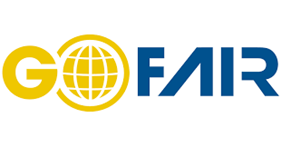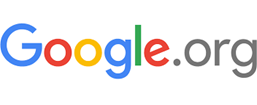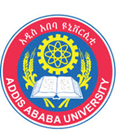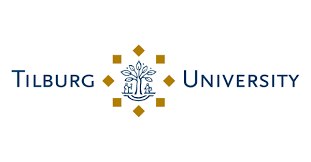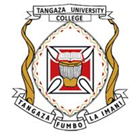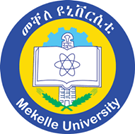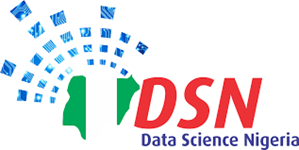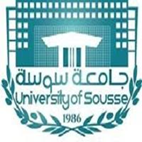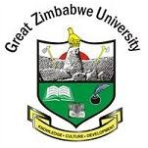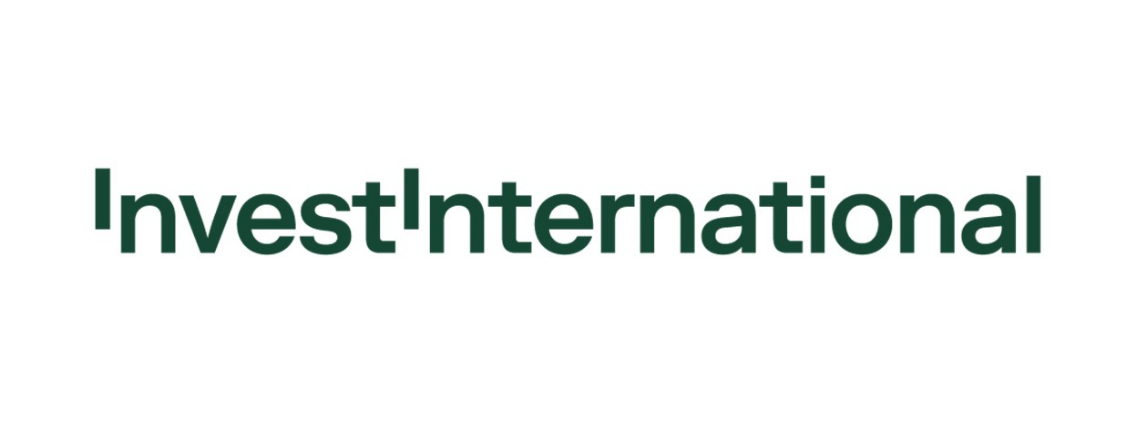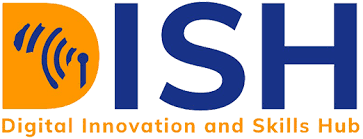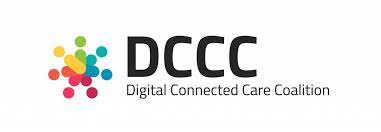Tesfit Gebremeskel Speaks on VODAN-Africa Contribution at the Least Developed Countries (LDC) (LDC5) Summit, Doha Qatar
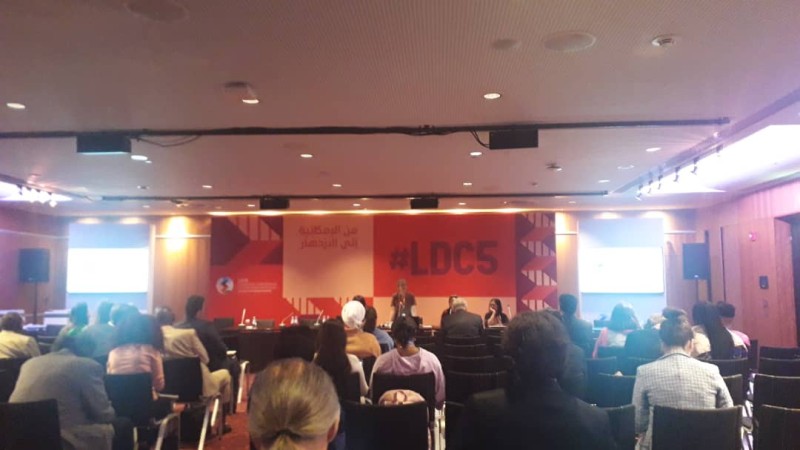
At the plenary session titled "Digital economy and sustainable development- Issues at stake", Tesfit Gebremeskel spoke on how VODAN-Africa is establishing a data management platform in Africa that entertains the ownership, localization, and reuse of health data. This was at the fifth Least Developed Countries (LDC) (LDC5) summit, which was held in Qatar from March 5 through March 9, 2023.
"Data created in Africa is being stolen by the big tech companies, which, incidentally, mirrors the process of colonialization when outsiders stole African territory. To overcome this, VODAN-Africa, a platform that leverages the indexer services was created to prevent automatic data mining by international tech companies of data created in Africa".
VODAN-Africa started as a platform to enable access to critical data needed from Africa to fight the novel COVID-19. The initiative was inspired by the experience of the Liberia Ebola Virus outbreak in 2014, where critical data were lost because the data collected were not locally owned at the point of production. In fact, the data collection was collected by a private organization, and not 'passed to the government.
Mr Gebremeskel made a case for data sovereignty which ensures that every piece of data produced is under the regulatory control of the country where it was produced.
"Data collected in Africa stays in Africa, and can be used to build up a very useful source of knowledge for local users, rather than being exported and lost", he said.
Through this approach, the Liberia scenario can be prevented from happening again. Additionally, data sovereignty ensures there is an organized approach to health data collection, thus, every data collected will be under the control of a country's Ministry of Health (MoH) data frameworks. Therefore, the data can be Findable, Accessible, Interoperable and Reusable (FAIR).
"FAIR data principles would change the current scenario where raw data is leaving LDCs or developing countries to be sold by big tech", furthermore, VODAN-Africa is currently building a federated data space located in the partner countries which are Kenya, Ethiopia, Nigeria, Tunisia, Uganda, Somalia, Tanzania, Liberia, and Zimbabwe.
"The dataspace will host all the data initiatives from different parts of Africa, in a similar way to European data space, which has regulation, monitoring and evaluation mechanisms. This would be based on the FAIR principles to make the data findable for machines (using specific algorithms) and for humans, and with regulations about how it can be accessed".
These data spaces will serve as hubs for FAIR data across Africa while they are stored locally, and can be accessed using Metadata.
Challenges
The successful implementation of the VODAN-Africa project hinges on ICT infrastructure, "Interconnectivity is a great challenge that we are facing right now. We expect it will be alleviated through the ongoing process of establishing different ICT infrastructures. But yes, we are facing some hindrances with the infrastructure".
Also, with regards to engaging many women in the FAIR Data Space in Africa, he noted, "we try to somehow encourage girls, starting from our centre and the network of networks,’ he said.
